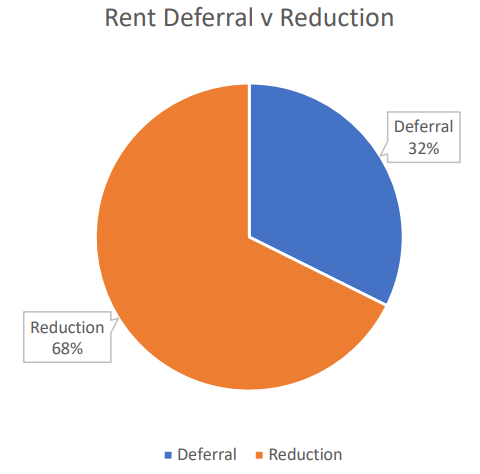You need to start preparing for the end of the pause on evictions
The government's six month moratorium on evictions ends this month. While some states have kicked the can down the road, it's not too early for renters and landlords to start preparing for the inevitable.
Queensland's moratorium will wind up on September 29, but the NSW moratorium has been pushed back to October 15, October 22 for the ACT, and December 1st for Tasmania. South Australia, Western Australia and Victoria have each extended to March next year.
Meanwhile, government support programs will wind down before winding up early next year.
If you're a renter who has negotiated a discounted rental amount, it's important to understand that the agreement will need to be renegotiated. Open communication is key.
This is even more important for those who have deferred some of their rent. Deferral is exactly that; it pushes out the timeline for paying. At some point the chickens will be coming home to roost.
"Even if people are able to get back to the employment or income situation prior to COVID-19, deferred debt can put people on the edge or over their budgeting capacity," says Jemima Mowbray from Tenants' Union NSW.
"It might be appropriate for renters who have lost so much income that they can't afford any reasonable reduction to look for alternative accommodation. But there can be the problem where they have no alternative accommodation or the landlord hasn't been responding to what the market is doing."

By extension, landlords have been financially squeezed by the troubles had by their tenants.
"[Landlords] may be implicated in a double whammy having possibly lost their jobs or income plus receiving less rent from their tenants but property running costs remain the same," says John Gilmovich from the Property Owners Association of NSW.
Gilmovich acknowledges that landlords need to weigh up the pain of rental discounts with the threat of vacancies and a softer market generally.
"Landlords have now come to terms that the rental market has changed, rent values are not going to be the same as they were for a period of time while state borders and international travel bans are in place and that receiving a lower rent in the short term, rather than no rent, is a less riskier proposition than being forced to sell their properties in a down market."
Get stories like this in our newsletters.



